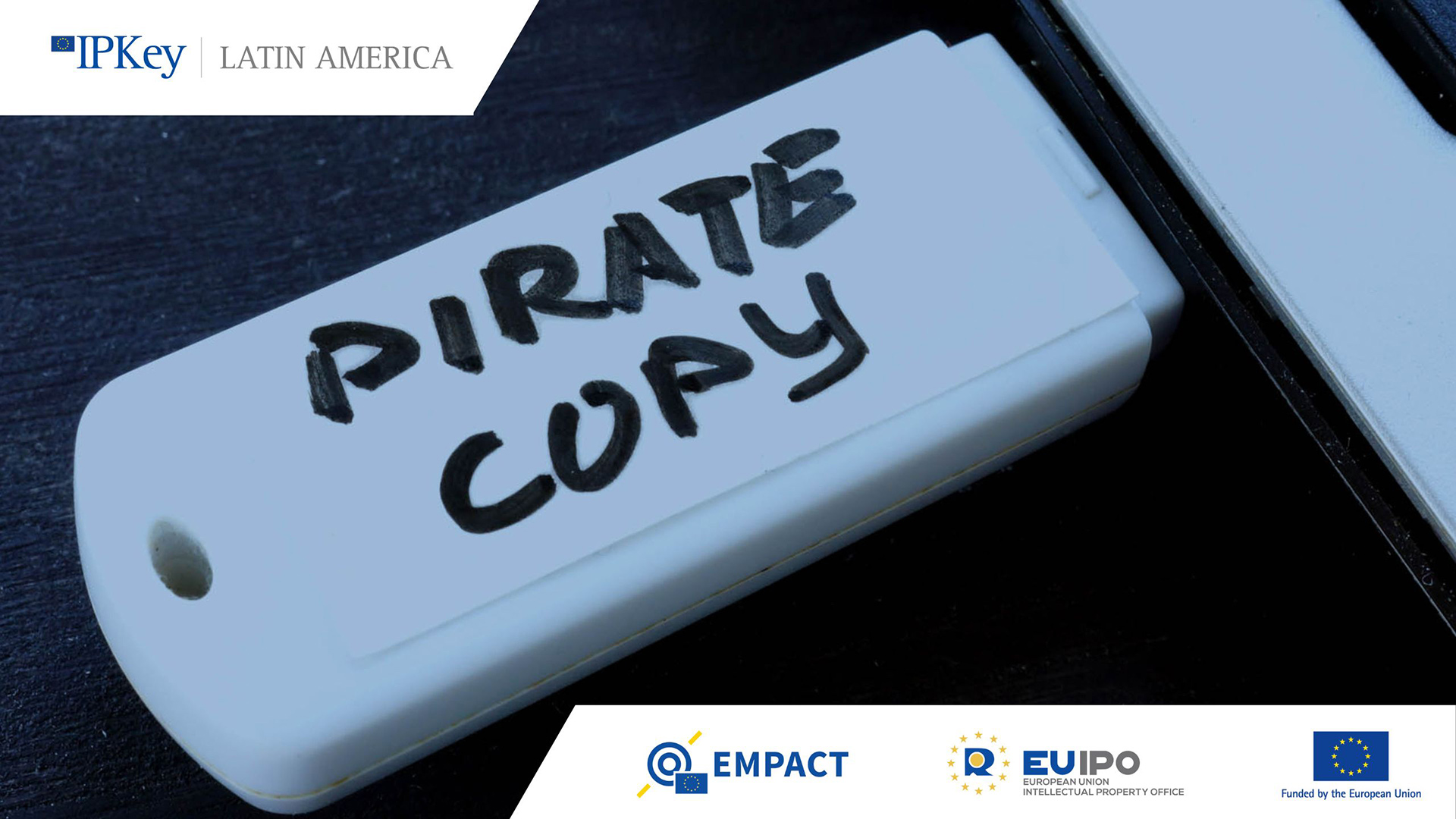EMPACT is making impact on IP crime
The European Multidisciplinary Platform Against Criminal Threats (EMPACT) is an integrated approach against organised and serious international crime in the EU. Member States work with EU institutions to ensure internal security, from information exchange to training and joint operational actions, aiming to dismantle criminal networks.
Organised and serious international crime damages the economy, harming both individuals and society. Criminal networks are often complex, and strategies to suppress crime must equally be multidisciplinary and multiagency to be more effective.
While the average consumer tends not to associate intellectual property (IP) crime with grave wrongdoings, it is linked to other serious crimes, such as fraud, online identity theft, forced labour, tax evasion and even financing terrorism. This ‘soft’ form of crime, as it is often perceived, depends on a host of actors to produce, assemble, repackage, relabel and distribute goods. The criminals operate within and across continents and do not follow any safety, human rights or environmental rules.
According to a 2021 joint report by the Organisation for Economic Co-operation and Development (OECD) and the European Union Intellectual Property Office (EUIPO), in 2019, the volume of international trade in counterfeit and pirated products was estimated at USD 464 billion, or 2.5 % of world trade. Meanwhile, counterfeit and pirated products imported into the EU amounted to EUR 119 billion (USD 134 billion), that is up to 5.8 % of EU imports. These significant figures result in billions of losses in legitimate product sales and taxes and hundreds of thousands of jobs lost each year. Other aspects are also harder to measure, such as damage to a company’s reputation or competitiveness.
To combat organised and serious international crime, including IP crime, the EU introduced EMPACT as a Member State-driven initiative in October 2013. Today it is a permanent instrument with a four-year policy cycle. In each cycle, threats and priorities are identified, strategies on tackling them are developed, actions are undertaken and achievements are reviewed. The instrument involves law enforcement and customs officials from Member States and EU agencies, such as Europol and the EUIPO. Since the EU does not have common criminal law, cooperation on cross-border law enforcement has been made possible by EMPACT for coping with the increasingly cross-border nature of IP crime.
In 2022, EMPACT operations resulted in 115 arrests and seizures of 9.4 million counterfeit cosmetics and perfumes, 1.2 million counterfeit car parts, 100 kg of illicit drugs, 2 million pharmaceutical products and 320 000 counterfeit clothes and accessories, among others. The seized counterfeit products’ value was assessed at EUR 42 million (USD 47 million).
While the value of global trade in counterfeit and pirated goods has remained high and stable in the past 10 years, at around 2.5 % on average of all trade, and the value of seized products remains relatively low, there is room for improvement. The EU has been proactively engaging with non-EU countries in promoting IP rights protection and enforcement through an array of governmental cooperation programmes. For example, IP Key Latin America project, during 2023, presented the Enforcement week with three activities: Forum on Enforcement in the digital world, Seminar on border enforcement in MERCOSUR, and Seminar for judges.
Meanwhile, EMPACT operations are open to non-EU countries if they wish to play a role in stopping counterfeit and pirated goods’ production and distribution. These operations come with different names and focuses. For example, Operation Elektron deals with counterfeit electronic devices; Operation Aphrodite with illicit physical and online trade in counterfeit cosmetics; and Operation Fake Star with counterfeit goods infringing well-known brands.
The fight against IP crime and other types of organised and serious international crime is a never-ending endeavour. It needs as much support as possible from all the relevant authorities and the public. The impact of less IP crime makes a person safer, a company more profitable, an economy wealthier and a country more secure while better protecting the environment.
For more information:
